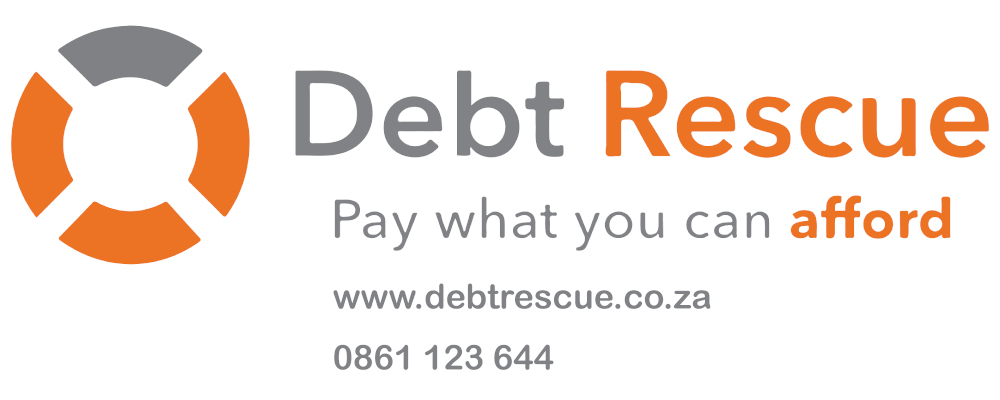Neil Roets, Chief Executive of Debt Rescue
Over-indebted consumers are set to face a tough 2021. With over 2 million jobs lost in 2020, the highest number of Covid-19 cases on the continent and the after-effect of strict lockdown restrictions still affecting businesses, the future looks uncertain for many South Africans, particularly financially.
According to Trading Economics, household debt in relation to gross income was already expected to have reached 72.8% by the end of 2020. With many incomes still reduced and no work no pay principles invoked, financially distressed consumers are defaulting on their debt repayments. Unable to cut spending further, many have been forced to take on additional debt, essentially leaving them in a worse position than before. Payment holidays and cash flow relief programs offered since the inception of the lockdown are now being aggressively collected by credit providers. As repayment pressures rise, and the lending environment remains quite volatile, consumers’ pockets are heavily impacted.
Though vaccine roll-outs have started globally, the reality is that the pandemic will not be over soon. As the impact of Covid-19 on the fragile economy becomes alarmingly more evident, simple and accessible pathways to economic health, recovery and resilience need to be available to everyone. With eight out of 10 South Africans financially affected by the pandemic, according to participants in a survey conducted by Debt Rescue, one of South Africa’s largest debt counselling companies, consumers are urged to work carefully with their finances and to seek help if they are unable to manage their current debt repayments.
Consumers who have been financially affected by the pandemic need to relook their income versus expenditures and budget accordingly before deciding to borrow more money. Making small changes to your lifestyle expenditures could have an immensely positive effect on overall financial wellbeing.
Whichever direction consumers look, price increases are on the cards. And while there is some relief in an unchanged repo rate — for the time being — the cost of living continues to climb. Consumers need to take proactive steps to protect themselves from these financial realities. It starts by reducing reliance on expensive credit.
“Many — as much as 30% according to Old Mutual Savings and Investment Monitor — also turn to buying food on credit during these times, which might add some immediate relief, but has long-term consequences due to the steep interest rates it incurs, adding to further debt woes,” says Neil Roets, Chief Executive of Debt Rescue.
Given the fact that so many South Africans have had to rely on expensive credit to sustain financial hardships brought on by the pandemic, choosing more affordable products and brands and generally cutting back on non-essential lifestyle expenses becomes crucial.
“Against the backdrop of rising fuel costs, cultivating a more frugal way of living is critical in these very tough times, not least because no one knows how long we will live with this pandemic, which has already caused so much devastation,” says Roets.
If budgeting cannot ease financial distress, consumers can make use of government legislation put in place to protect consumers. Debt review is a statutory debt relief process introduced in 2007 and is provided by the National Credit Act in order to legally restructure debt. The process, also known as debt counselling, is designed to protect consumers. South Africans who are struggling with their debt and feel they may be over-indebted can take advantage of this process put in place by ensuring they have affordable legal protection from credit providers in the case that they ever become overburdened by debt. Debt review allows consumers to legally reduce their monthly debt repayments by extending the terms and negotiating with creditors on behalf of the consumer.
“Debt review has been an extraordinarily successful solution for thousands of South Africans struggling with over-indebtedness. The process ensures that all living expenses are covered, and that the consumer can live without making any more debt,” says Roets.
If you are struggling to meet your debt obligations every month, take action before it’s too late. Regulations around debt review can only protect you if you take action. If your creditors take action before you do, it will be very difficult to get the financial relief you need.
Debt Rescue was founded 12 years ago and is the largest Debt Counselling company in South Africa. We are regulated by the National Credit Act and work closely with credit providers to help over-indebted consumers restructure their debt in such a manner that they can still afford necessary living expenses.
If you would like to find out how Debt Rescue can help you, we offer an obligation-free personalised assessment. If you are indeed over-indebted, we can restructure your debt and legally negotiate a lower repayment to help you on your road to financial freedom.
For more information, visit www.debtrescue.co.za
